How to Organize a Nighttime Photography Workshop: Learning and Exploring in the Dark
Photography is an art that requires creativity, skill, and a keen eye for detail. Nighttime photography, in particular, presents unique challenges and opportunities for photographers to capture stunning images. Organizing a nighttime photography workshop can be a great way to bring together photography enthusiasts and help them develop their skills in this exciting field.
Why Organize a Nighttime Photography Workshop?
A nighttime photography workshop can provide a platform for photographers to learn and explore the art of capturing images in low light conditions. It can also be an opportunity to network with other photographers and build a community of like-minded individuals who share a passion for photography.
Key Considerations When Organizing a Nighttime Photography Workshop
Organizing a nighttime photography workshop requires careful planning and attention to detail. Here are some key considerations to keep in mind:
- Location: Choose a location that offers interesting subject matter and good lighting conditions for nighttime photography.
- Equipment: Ensure that participants have access to the necessary equipment, such as tripods, flashlights, and cameras with manual settings.
- Instructors: Hire experienced and knowledgeable instructors who can provide guidance and support to participants.
- Safety: Make sure that safety measures are in place, such as first aid kits and emergency contact information.
- Marketing: Promote the workshop through social media, photography forums, and other relevant channels to attract participants.
Benefits of a Nighttime Photography Workshop
A nighttime photography workshop can provide a range of benefits for participants, including:
- Learning new techniques and approaches to nighttime photography
- Networking with other photographers and building a community
- Exploring new locations and subject matter
- Getting feedback and constructive criticism on their work
- Having fun and enjoying a shared passion for photography
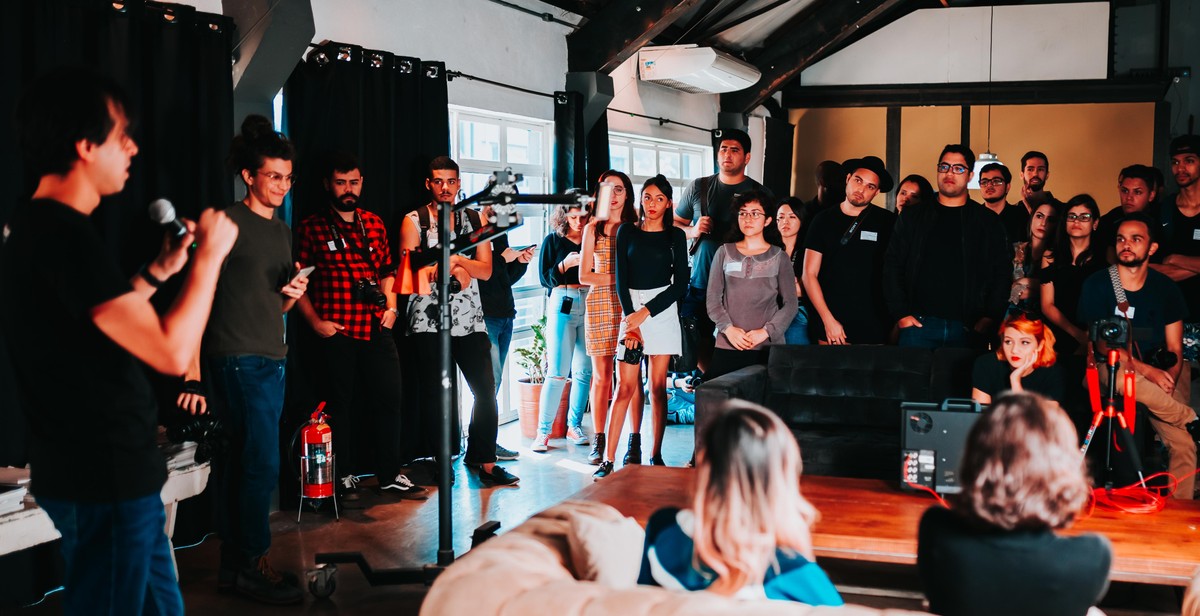
Why Organize a Nighttime Photography Workshop?
Organizing a nighttime photography workshop can be an excellent opportunity for photographers of all skill levels to learn and explore the art of photography in a unique and challenging environment. Here are some of the benefits of organizing a nighttime photography workshop:
1. Unique Learning Experience
Photography workshops offer a unique learning experience that is not available in traditional classroom settings. Nighttime photography workshops provide participants with the opportunity to learn how to capture stunning photos in low light conditions. This type of photography requires a different set of skills and techniques compared to daytime photography. Participants will learn how to adjust camera settings and use different lighting techniques to create beautiful and unique images.
2. Networking Opportunities
Photography workshops offer great networking opportunities for both amateur and professional photographers. Participants get to meet other photographers who share the same passion for photography. They can exchange ideas, share knowledge, and learn from one another. This can lead to new collaborations, partnerships, and even job opportunities.
3. Discover New Locations
Nighttime photography workshops offer the opportunity to discover new and exciting locations. Participants can explore urban landscapes, nature, and cityscapes in a new light. They can capture the beauty of the city at night, the stars in the sky, and the natural beauty of the environment. This can lead to new and unique photography projects and opportunities.
4. Boost Creativity
Photography workshops can help boost creativity and inspire participants to see things in a new way. Nighttime photography provides a unique perspective on the world and can challenge participants to think outside the box. This can lead to new and creative ideas for future photography projects.
5. Improve Technical Skills
Organizing a nighttime photography workshop can help participants improve their technical skills. Participants will learn how to adjust camera settings, use different lighting techniques, and experiment with different compositions. This can improve their overall photography skills and help them to become better photographers.
In conclusion, organizing a nighttime photography workshop can be a great way to learn new skills, network with other photographers, discover new locations, boost creativity, and improve technical skills. It is a unique and challenging environment that can inspire photographers to take their skills to the next level.
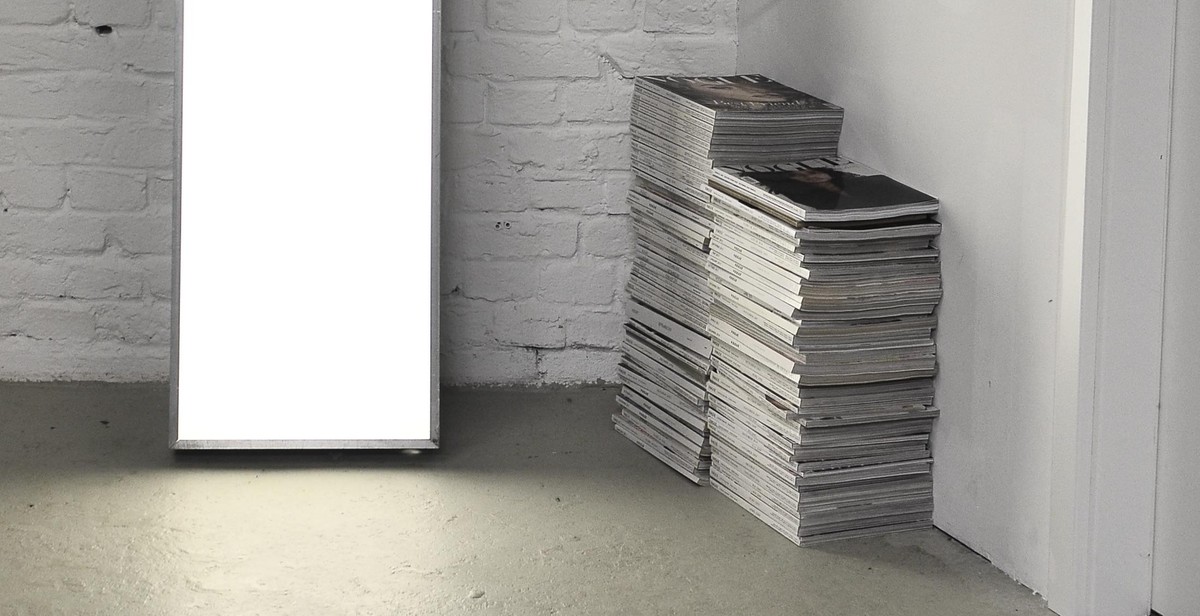
Preparing for the Workshop
Organizing a nighttime photography workshop requires careful planning and preparation to ensure that everything goes smoothly. Here are some key steps to take when preparing for your workshop:
Choosing a Location
The location you choose for your workshop should be safe, accessible, and visually interesting. Look for places that offer a variety of lighting conditions and subjects to photograph, such as city streets, parks, or waterfronts. Consider the logistics of getting your participants to and from the location, and make sure there are adequate facilities nearby, such as restrooms and parking.
Setting the Date and Time
Choose a date and time that will allow your participants to experience a range of lighting conditions, from twilight to full darkness. Check the local weather forecast to ensure that conditions will be suitable for outdoor photography. Be sure to allow enough time for your participants to set up their equipment and get comfortable with the surroundings before the light starts to change.
Equipment and Gear
Make sure your participants have the necessary equipment and gear for nighttime photography. This may include tripods, remote shutter releases, flashlights, and extra batteries. Provide a checklist of essential items and encourage your participants to bring extra gear if possible.
Safety Considerations
Safety should be a top priority when organizing a nighttime photography workshop. Make sure your participants are aware of any potential hazards, such as uneven terrain or low-hanging branches. Encourage them to bring appropriate clothing and footwear for the conditions, and provide first aid supplies in case of injury. Consider hiring a security guard or having a designated safety officer on hand to monitor the area.
| Key Points: |
|---|
| Choose a safe and visually interesting location |
| Set a date and time that allows for a range of lighting conditions |
| Ensure participants have necessary equipment and gear |
| Prioritize safety and provide first aid supplies |
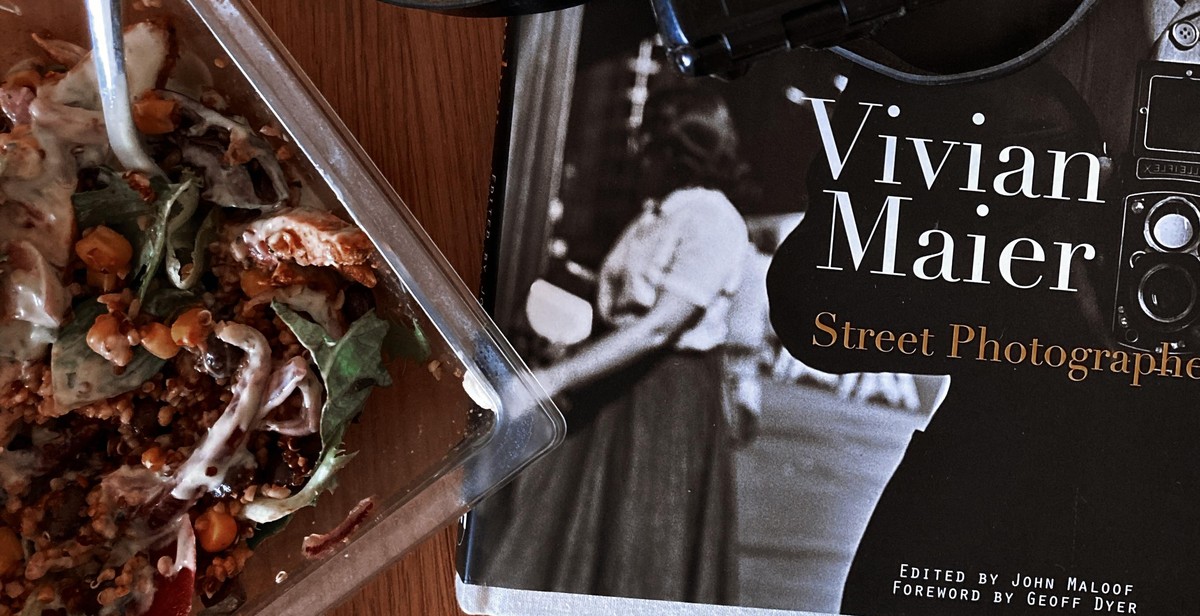
Planning the Agenda
Organizing a successful nighttime photography workshop requires careful planning and a well-thought-out agenda. The following are essential elements that must be included in the agenda:
Introduction to Nighttime Photography
The workshop should begin with an introduction to nighttime photography, including an overview of the camera settings and equipment needed for successful night photography. Participants should be taught how to use manual mode, adjust shutter speed, aperture, and ISO, and how to focus in low light conditions. The introduction should also cover the importance of tripod usage and the use of remote shutter release to avoid camera shake.
Light Painting Techniques
Light painting is a technique used in nighttime photography to create stunning images by using a light source to paint light into the scene. The workshop should include a hands-on session where participants learn how to use different light sources to create unique and creative effects. This session should also cover the use of different colored gels and filters to create a variety of effects.
Astrophotography
Astrophotography is a popular form of nighttime photography that involves capturing the beauty of the night sky. The workshop should include a session on astrophotography, covering the equipment needed, how to locate and capture the Milky Way, and how to create star trails. Participants should also be taught how to use stacking and noise reduction techniques to improve the quality of their astrophotography images.
Post-Processing Tips
Post-processing is an essential part of nighttime photography, and the workshop should include a session on post-processing tips and techniques. Participants should learn how to use software such as Adobe Lightroom or Photoshop to enhance their images, adjust exposure, and color balance, and to remove unwanted elements from their images.
Overall, a well-planned nighttime photography workshop should provide participants with a comprehensive understanding of the techniques and equipment needed to capture stunning images in low light conditions.
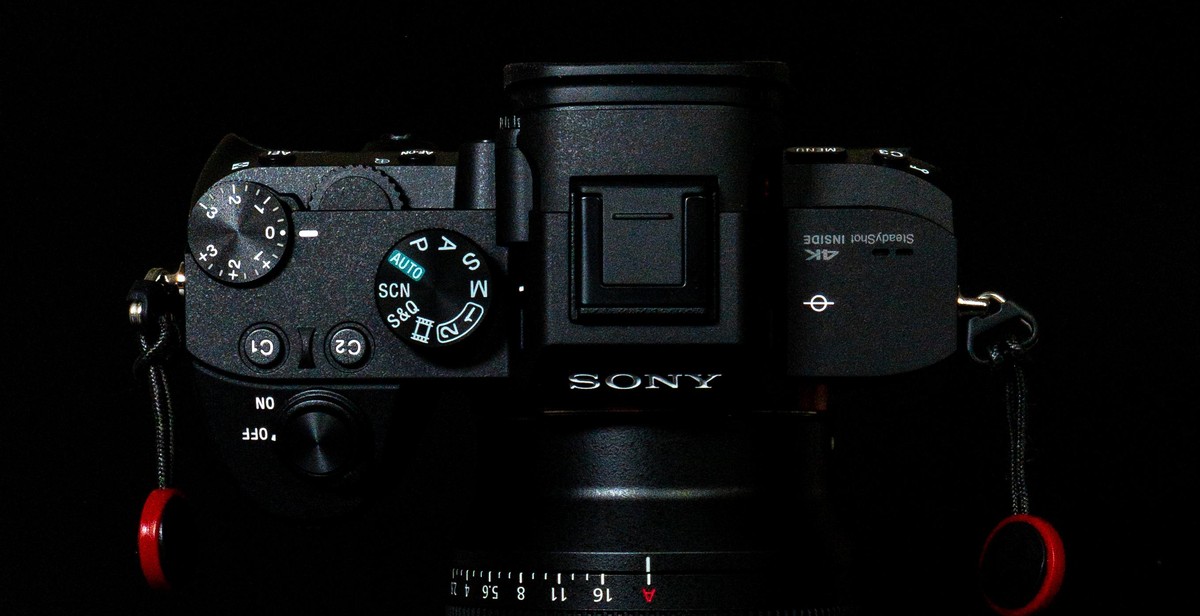
Promoting the Workshop
Once you have planned and organized your nighttime photography workshop, the next step is to promote it to reach your target audience. There are several effective ways to market your event, including:
Creating a Website or Landing Page
A website or landing page dedicated to your workshop is an excellent way to provide your potential attendees with all the necessary details. The website should include the workshop’s date, time, location, pricing, and a clear description of what attendees will learn and achieve from the workshop. You can also add photos or videos from previous workshops to showcase your expertise and attract more participants. Make sure your website is user-friendly and optimized for search engines to increase visibility.
Social Media Marketing
Social media platforms like Facebook, Instagram, and Twitter are powerful tools for promoting your workshop. Create a social media page for your event and share relevant content such as photos, videos, and testimonials from previous attendees. Use relevant hashtags to increase visibility and encourage your followers to share your post with their network. You can also collaborate with influencers or photography groups to reach a wider audience.
Email Marketing
Email marketing is an effective way to reach out to your existing audience and potential attendees. Create an email list and send personalized emails to your subscribers inviting them to attend your workshop. You can also offer early-bird discounts or limited-time offers to encourage them to sign up. Make sure your emails are visually appealing, concise, and include a clear call-to-action.
Conclusion
Promoting your nighttime photography workshop requires a strategic approach. Creating a website or landing page, social media marketing, and email marketing are some of the effective ways to reach your target audience. By using these methods, you can attract more participants and make your workshop a success.

Conducting the Workshop
The nighttime photography workshop is designed to introduce participants to the unique challenges and opportunities of shooting in low light conditions. The workshop is divided into several sections, each focusing on a different aspect of nighttime photography.
Introducing the Participants to Nighttime Photography
The first section of the workshop is dedicated to introducing participants to the basics of nighttime photography. This includes an overview of the technical aspects of shooting in low light conditions, such as aperture, shutter speed, and ISO. Participants will also learn about the different types of equipment that are used in nighttime photography, such as tripods, flashlights, and remote triggers.
Demonstrating Techniques
In the next section, the workshop leader will demonstrate various techniques for capturing compelling nighttime images. This includes using long exposures to capture the movement of stars or light trails, as well as using flash or other lighting techniques to illuminate the scene.
Providing Hands-On Experience
Participants will then have the opportunity to put their newfound knowledge into practice with a hands-on photography session. This may involve shooting in a controlled environment, such as a studio or indoor location, or venturing outdoors to capture the beauty of the nighttime landscape.
Encouraging Creativity and Experimentation
The final section of the workshop is all about encouraging creativity and experimentation. Participants will be encouraged to experiment with different techniques and approaches to nighttime photography, and to push the boundaries of what is possible in low light conditions. The workshop leader will provide feedback and guidance as participants explore their own unique vision and style.
| Section | Focus |
|---|---|
| Introduction | Overview of nighttime photography basics |
| Demonstration | Showcasing techniques for capturing nighttime images |
| Hands-On Experience | Opportunity for participants to practice shooting in low light conditions |
| Encouraging Creativity | Encouraging participants to experiment with their own unique style |
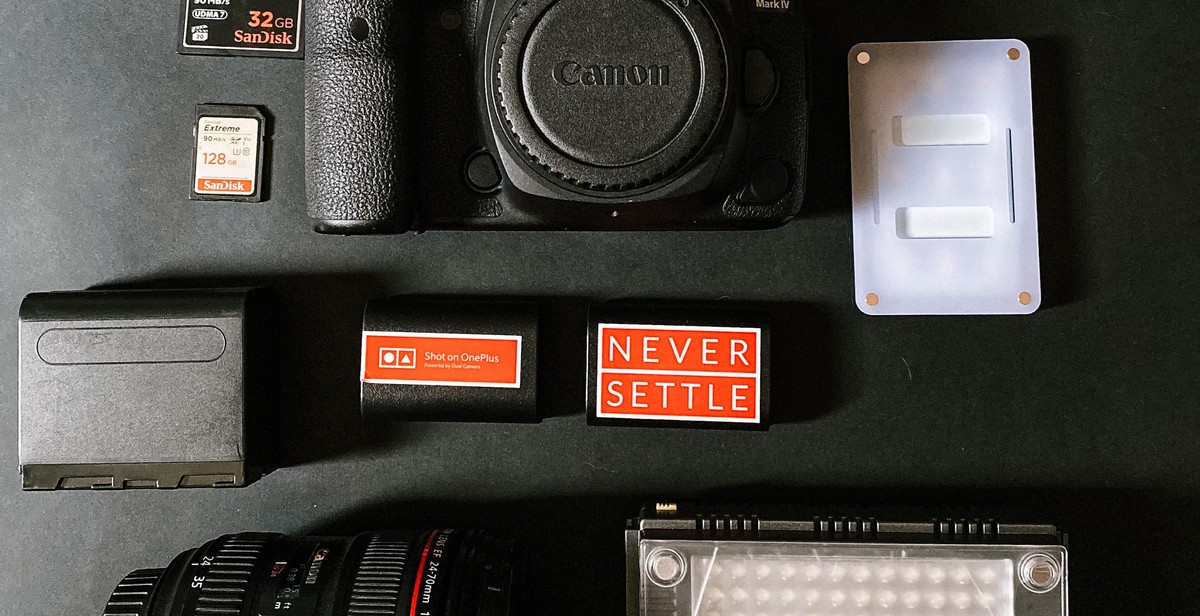
Conclusion
Organizing a nighttime photography workshop can be a challenging but rewarding experience. With the right planning and preparation, you can create a memorable and educational event for your participants.
Tips for Success
- Choose a location that offers a variety of interesting subjects and lighting conditions.
- Provide ample opportunities for hands-on learning and experimentation.
- Offer guidance and feedback to help participants improve their skills.
- Encourage creativity and exploration.
- Ensure the safety of all participants by providing adequate lighting and supervision.
The Benefits of Nighttime Photography Workshops
Participating in a nighttime photography workshop can offer a range of benefits for both amateur and professional photographers. These benefits include:
- Learning new techniques and skills
- Exploring the creative potential of nighttime photography
- Meeting and networking with other photographers
- Experiencing the thrill of capturing stunning images in low-light conditions
Final Thoughts
Organizing a nighttime photography workshop requires careful planning, but the rewards can be significant. By providing a fun and educational experience for your participants, you can help them improve their skills and develop a greater appreciation for the art of photography.
